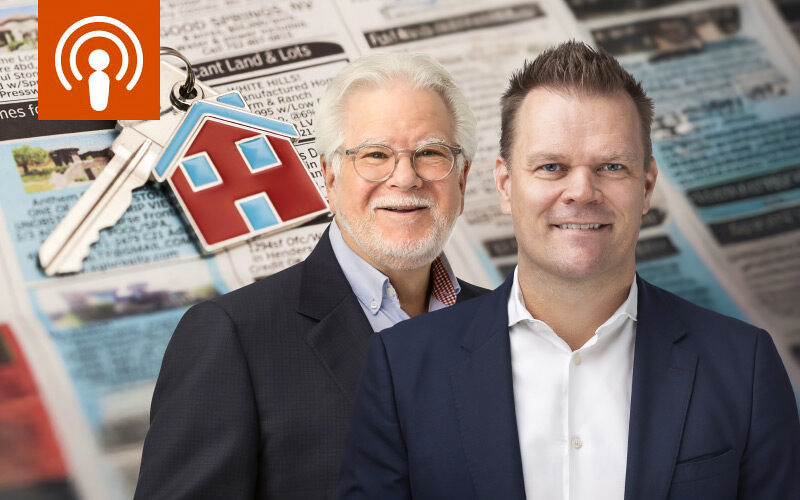 There’s a lot of noise out there right now — the media, politicians, and even Sunday BBQ conversations seem to revolve around one central villain: the property investor.
There’s a lot of noise out there right now — the media, politicians, and even Sunday BBQ conversations seem to revolve around one central villain: the property investor.
Apparently, we’re to blame for housing unaffordability, rising rents, and locking young people out of the market.
But is that really fair?
Because when you scratch below the surface, you realise that property investors are not the problem — in fact, we’re a critical part of the housing solution.
Today I’m joined by Brett Warren, National Director of Metropole Property Strategists, and we have a frank conversation about why property investors are essential to Australia’s housing market — and what people get so wrong about us.
We talk about how investors house millions of Aussies, how much we contribute in taxes, and why policy decisions that punish investors could end up hurting the very people they’re supposed to help.
If you're an investor feeling misunderstood or simply curious about how the system really works, you’re going to get a lot out of today’s show.
Takeaways
- Property investors are often blamed for housing unaffordability, but this narrative is misleading.
- Investors play a crucial role in providing rental accommodation for many Australians.
- The majority of property investors own one or two properties, not large portfolios.
- Government policies significantly impact the housing market and investor activity.
- Investors contribute over $40 billion annually in taxes to the Australian economy.
- The media often presents a one-sided view of property investment.
- There is a growing need for more affordable housing options in Australia.
- Investors are not just wealthy moguls; they are everyday Australians seeking financial security.
- The future of property investment requires a fairer tax policy and more supply.
- Understanding the long-term fundamentals of property investment is essential for success.
Links and Resources:
Answer this week’s trivia question here- www.PropertyTrivia.com.au
- Win a hard copy of How to Grow a Multi-Million Dollar Property Portfolio – in your spare time.
- Everyone wins a copy of a fully updated property report – What’s ahead for property for 2025 and beyond.
Get the team at Metropole to help build your personal Strategic Property Plan Click here and have a chat with us
Michael Yardney – Subscribe to my Property Update newsletter here
Brett Warren - National Director of Property at Metropole
Get a bundle of eBooks and Reports at www.PodcastBonus.com.au
Also, please subscribe to my other podcast Demographics Decoded with Simon Kuestenmacher – just look for Demographics Decoded wherever you are listening to this podcast and subscribe so each week we can unveil the trends shaping your future.
Subscribe & don’t miss a single episode of Michael Yardney’s podcast
Hear Michael & a select panel of guest experts discuss property investment, success & money related topics. Subscribe now, whether you're on an Apple or Android handset.
Need help listening to Michael Yardney’s podcast from your phone or tablet?
We have created easy to follow instructions for you whether you're on iPhone / iPad or an Android device.
Prefer to subscribe via email?
Join Michael Yardney's inner circle of daily subscribers and get into the head of Australia's best property investment advisor and a wide team of leading property researchers and commentators.

![[PODCAST] The Truth About Property Investors the Media Won’t Tell You – with Brett Warren](https://cdn.propertyupdate.com.au/wp-content/uploads/2025/07/MY-podcast-694-The_truth_about_property_investors-BW.jpg)







